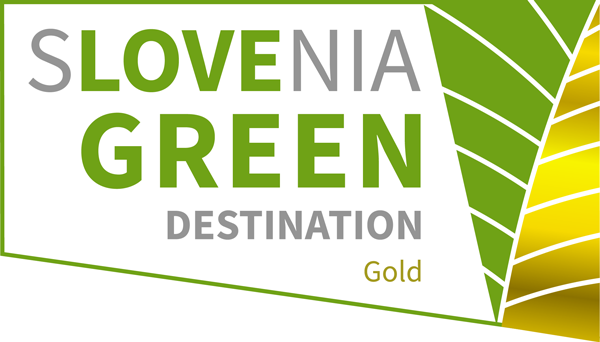
The Lipizzan horse breeding traditions on the UNESCO Representative List of Intangible Cultural Heritage of Humanity
On 1 December 2022, the Intergovernmental Committee for the Safeguarding of the Intangible Cultural Heritage inscribed the “Lipizzan horse breeding traditions” on the Representative List of Intangible Cultural Heritage of Humanity.
This is a nomination made jointly by eight countries: Austria, Bosnia and Herzegovina, Croatia, Italy, Hungary, Romania, Slovakia and Slovenia. In Slovenia, the nomination was led by the Ministry of Culture, in cooperation with the representatives of the Lipica Stud Farm and the Slovenian Ethnographic Museum. Under Slovenian leadership, the countries came together to showcase the cultural diversity and practices of the social meanings associated with the Lipizzan horse breeding.
The Slovenian Ministry of Culture wrote: “The inscription demonstrates the existence and importance of intangible heritage as a set of knowledge, practices and skills related to the breeding and rearing of Lipizzan horses. Historically, the nomination was based in the context of the former Hapsburg Empire and the Austro-Hungarian Monarchy. It is the centuries-old development of social practices and cultural expressions that are still part of rituals, celebrations and modern equestrian sport today. The primary purpose of horse breeding, based on carefully documented experience and knowledge of the evolution of the breed, is linked to classical dressage and equestrian sport, with which all participating countries identify. In some countries, it has also been extended to the daily life of village communities where the Lipizzan horse has been a working horse. Horses feature in many events, festivities and celebrations and play a strong symbolic role. The growing role of Lipizzan horses is linked to sustainable tourism and equine therapy. An important aspect of all these activities is the special relationship between man and horse, which is based on trust and where the horse is recognised as an equal partner or even a member of the family.”




